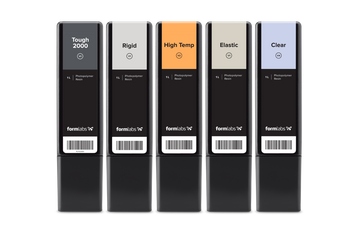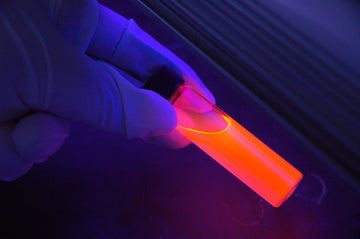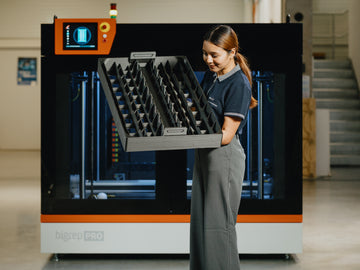The medical and dental industries have unique requirements when it comes to producing devices and implants. Precision and accuracy are of the utmost importance, as even small variations can have serious consequences. For startups in these industries, being able to quickly produce high-quality products can be a game-changer. One solution that can help with this is SLA (stereolithography) printing.
SLA printing is a 3D printing technique that uses a laser to cure photopolymer resin layer by layer, creating a physical model of a 3D design. This process allows for the production of highly accurate and detailed prototypes and finished products, and it can be done relatively quickly compared to traditional manufacturing methods such as injection molding.
There are several benefits to using SLA printing for medical and dental products in startups:
-
High resolution and accuracy: SLA printing produces highly accurate and detailed products, with a resolution of up to 0.1mm. This level of precision is essential for producing medical and dental devices and implants that must fit and function perfectly.
-
Quick turnaround time: SLA printing allows for a faster production process, with a shorter lead time compared to traditional methods. This means you can get your products to market faster, allowing you to take advantage of new opportunities and meet customer demand.
-
Material options: SLA printing offers a wide range of material options, including different resin types and colors. This allows you to choose the material that best fits your needs, whether it be for strength, flexibility, or aesthetics. Some of the materials used in SLA printing are biocompatible, making them suitable for use in the medical and dental industries.
-
Cost-effective: SLA printing is a cost-effective solution for small batch production runs, as it allows you to produce high-quality products without incurring the high setup costs associated with traditional manufacturing methods.
In summary, using SLA printing in the medical and dental industries can be a game-changer for startups. Its high resolution and accuracy, quick turnaround time, and material options make it a valuable tool for producing precise and reliable products that meet the unique needs of these industries.







